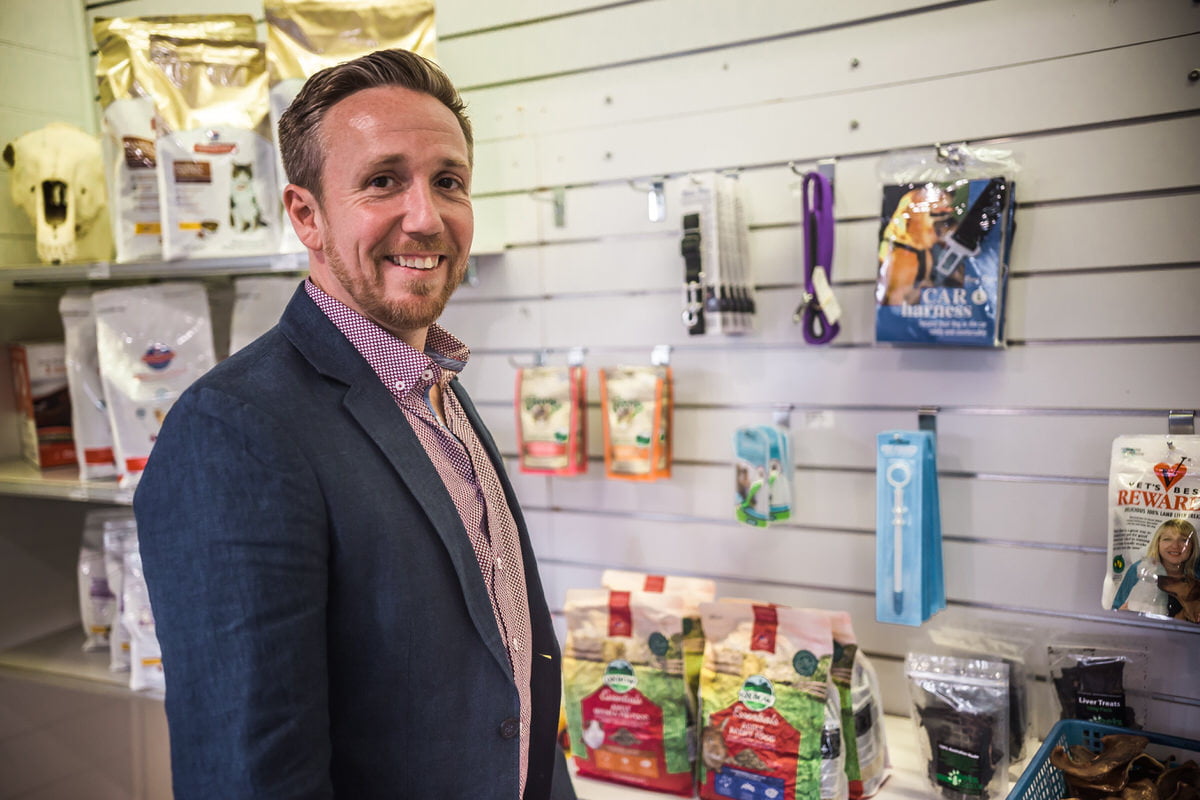
Getting what you deserve – negotiating a salary increase in the Vet Industry
You may remember in the AVA Conference wrap up featured in my June Newsletter, I spoke about the current Vet shortage. But hey, you guys are out there in the industry, you don’t need me to tell you about it!
You don’t need me to tell you about the high stress, the long hours, and the financial pressure driving vets out of the industry. You’d be well aware of the emotional blackmail from pet owners, desperate to save their sick animals but not able to cover the costs of the expensive equipment necessary to assist. You wouldn’t need reminding about the lack of an animal equivalent to Medicare that would be able to assist with these costs. Nor would it come as any surprise to you that the high university entrance mark coupled with lengthy degree and low starting salary is off-putting to young people looking to start their career as a vet.
With all the troubles facing the Vet Industry, it can be easy to lose sight of how valuable you are and to worry about how to ask your employer for the salary increase you’ve long hoped for. In order to remind you and to help you find a way to approach the topic, I’ve put together a few suggestions.
Be prepared – no matter what the circumstances are, you will never successfully negotiate a higher salary if you burst into your boss’ office like a bull in a china shop. Spend some time researching your local market and speak to other people in the industry. You could approach a mentor, a peer or a recruiter, anyone who has a good idea of what other salaries at your level look like.
Be strategic – once you’ve decided you’ll be asking for an increase, wait a while to ensure your performance is in line with the salary you’re asking for. Demonstrate your value and perhaps even keep a record of your achievements. Most importantly, make sure this behaviour continues long after you’ve signed your new contract.
Be specific – now that you’ve done your research and you know what’s reasonable, pick your number, add 50% and ask for it. My hot tip: using a precise number makes you seem better informed so, resist the temptation to round your number either up or down. To best help your case, give your boss good reasons and concrete examples of why you deserve an increase.
Be respectful –pick a time which is convenient for both of you. Don’t try to have a conversation like this in a stressful or busy period. Similarly, if business is particularly slow, your employer is not going to want to think about salary increases. In order for you both to feel prepared for the meeting, schedule time to chat with plenty of notice and be clear about what you’re hoping to discuss.
Be open – although you’ve picked your magic number, it’s important that you’re willing to negotiate. If your employer can’t afford to pay the amount you’re asking, perhaps you can get a little creative. It could be wise to suggest amendments to your overall package for example, a more flexible work schedule, days in lieu or even a gym membership.
Be patient – no matter how well prepared you both are for this meeting, there is a good chance you won’t immediately walk out with the answer you’re hoping for. Allow your employer to take their time to think over your proposal and perhaps suggest meeting again the following week to finalise your agreement.
Even though it may be a challenging time for Vets, never lose sight of your worth and what a valuable job you’re doing. With these tips, you’ll not only get the reminder you need, you’ll be able to better communicate that value of yours to your employer.
Shannon Wood, Managing Director S8 Expert Recruitment Solutions. I have over 14 years recruitment experience specialising in the animal health industry across the ANZ region. Areas of expertise include sales and marketing, technical roles (Quality Assurance, Quality Control & Regulatory Affairs) and operational & financial positions. I work extensively in the veterinary, ruminant, monogastric, aquaculture and the pet specialty industries and I look forward to the next 14 years.




